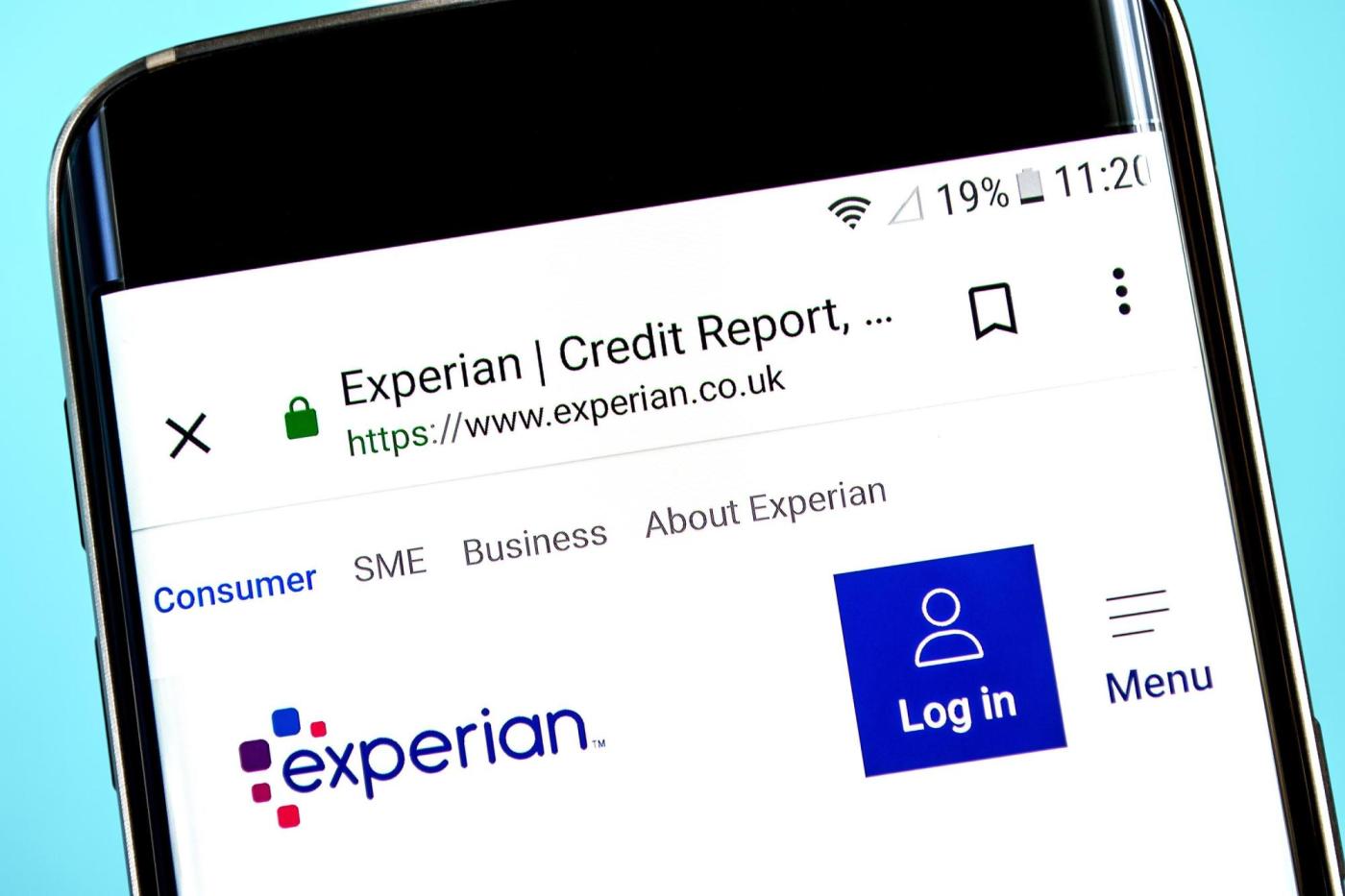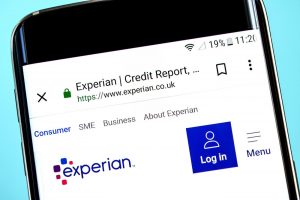
You can now access your credit report once a week for free, rather than just once a year
By Dave Lieber, The Dallas Morning News (TNS)
If you’re someone who manages the family’s finances, worries about identity theft and values maintaining a good credit score, The Watchdog has the latest updates for you.
Specifically, let’s dive into what credit reports and scores really mean, how you can access them and why staying on top of them is so important.
I recently tuned in to a town hall on consumerism sponsored by the U.S. Consumer Financial Protection Bureau. Much of it was old hat, but my ears perked when I heard one speaker casually mention that you could get a free copy of your credit report once a week.
Bam! It used to be you get a free copy of your credit reports every 12 months.
How did this happen? The rules were temporarily suspended during the pandemic. Afterward, they were kept in place.
It’s a little confusing because the government-sponsored website — AnnualCreditReport.com — is still keeping its name. It should be WeeklyCreditReport.com, but the feds have spent a lot of time and money promoting the website.
The site itself is still confused. At the top of the home page, it states reports can get sought weekly for free. But lower on the page the outdated language is still there — “every 12 months,” it notes.
Credit reports
Have you ever asked for your free credit report? It usually comes by email and runs a dozen pages or more. Every financial account and credit relationship you have is detailed in the report.
If there are inaccuracies, under law you can get them corrected.
More to the point, if there are any accounts on there that you don’t recognize, that could be an error or, worse, an identity thief mooching off your good name.
At the start, try to get your report by going online to the three major credit bureaus: TransUnion, Equifax and Experian.
Warning
Be forewarned. When you search for these sites, a lot of imitators pop up pretending to be free and credible like AnnualCreditReport.com. These sites are fakers who try to lock you in for costly monthly subscriptions.
Credit scores
Credit reports and credit scores are two different matters, but let’s talk about the scores, which are supposed to reflect your financial picture with emphasis on how likely you are to pay your bills.
Related Articles
3 must-knows about employee stock options
10 tips from experts to help you change your relationship with money in 2025
Got money goals for the New Year? Stay on track with these tips
PAYE and ICR student loan plans reopen: Should you enroll?
Landlords beware: Rent-shamers are calling out overpriced listings online
The problem though is that information out there steers you to AnnualCreditReport.com to get your free score. I couldn’t get that to work. So I hunted around to find a free site. Always check with your bank. They may have a plan that gives you your credit score for free.
There are a lot of ways to get a free score. I ended up on CreditKarma.com which states, “Your credit scores should be free. And now they are.”
Sure enough, for free, I got my TransUnion and Equifax scores on CreditKarma, which uses VantageScore, one of the main scoring systems.
Where could I get my third score for Experian? On its site, it offered scores for free but tried to get me to agree to a $30-per-month subscription. No can do.
It showed me my score. Experian uses FicoScore. I also went to the MyFico.com website. With no fuss, it showed me my score for free.
I paid nothing but the vultures, those trying to take advantage of consumer confusion were hovering. (Note: I learned this trick with imposter sites the hard way when a decade ago my wife Karen unknowingly signed up for one of these services.)
The Identity Theft Resource Center reminds that it must be AnnualCreditReport.com — not AnnualCreditReport.net or AnualCreditReport.com. See, it only takes one false digit for the steal. These are imposter sites that want your money and personal information. Be careful out there.
One more point. Each of these ask for your full Social Security number or a portion. I know you don’t want to share, but how else will they look you up?
What credit reports do
OK, back to credit reports. As AnnualCreditReport.com notes on its home page, “Credit reports may affect your mortgage rates, credit card approvals, apartment requests, or even your job application.”
Plus, you can catch identity thieves early.
Also, consider running a report on behalf of your minor children under 18.
ID theft
Here, according to the Consumer Financial Protection Bureau, are warning signs that you’re a victim of identity theft.
“You start getting strange calls from lenders, service suppliers and debt collectors that aren’t about you.
“Your credit score drops significantly without a clear cause.
“And without warning your credit lenders abruptly cut your credit card lines.”
You don’t need to get the reports every week. But the more information and data you learn on your credit report makes you stronger.
In the know
Aside from online, here are ways to contact the three credit bureaus. If you’re asking by postal mail, include in your letter your name, date of birth and Social Security number.
Equifax
PO Box 105139
Atlanta, GA 30348
888-378-4329
Experian
PO Box 9701
Allen, TX 75013
888-397-3742
TransUnion
PO Box 2000
Chester, PA 19016
800-916-8800
Identity Theft Resource Center
888-400-5530
877-322-8228
©2024 The Dallas Morning News. Distributed by Tribune Content Agency, LLC.


